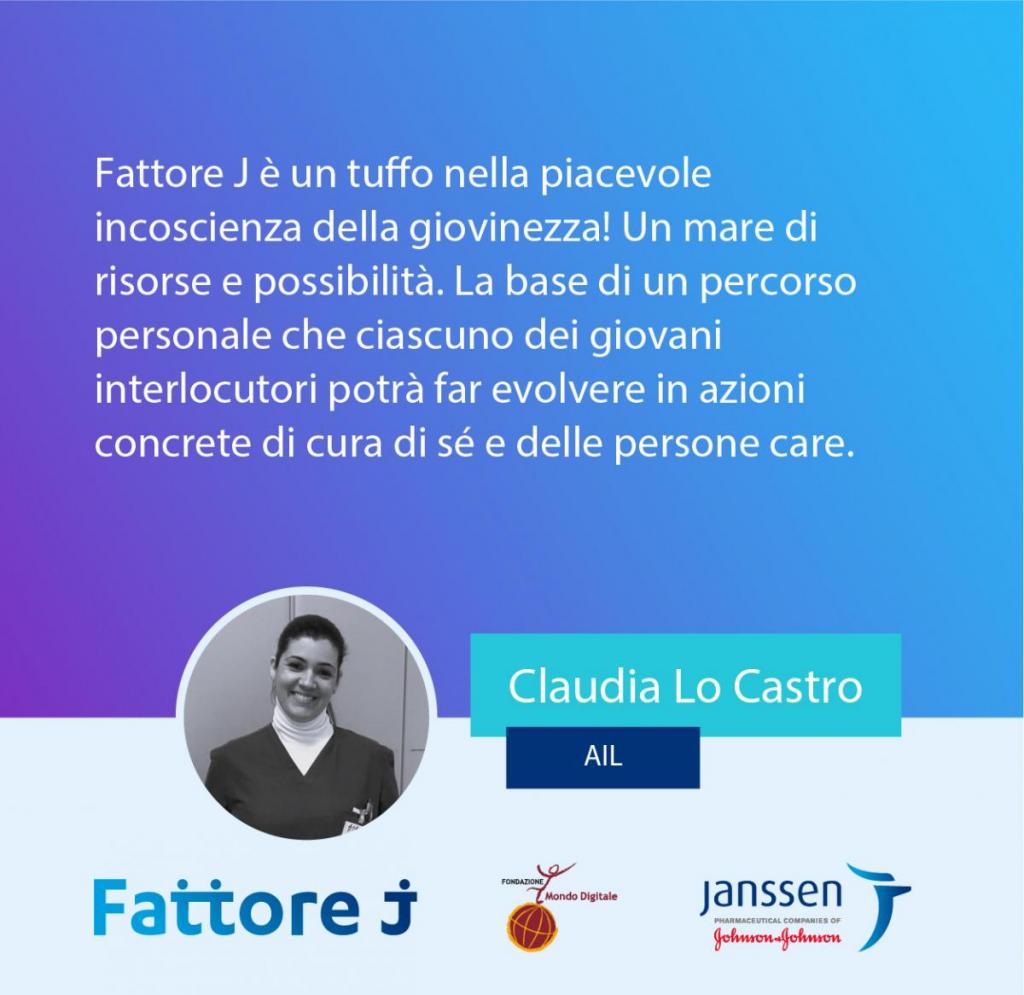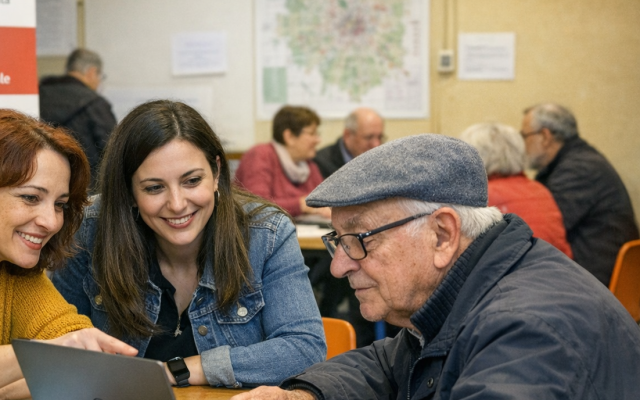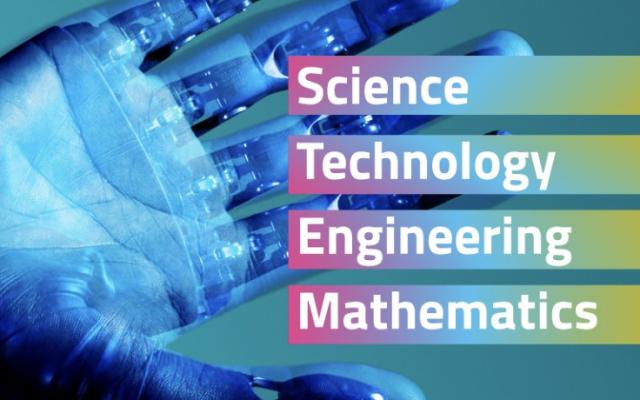“In Europe, a disease is defined as rare when it affects no more than 5 out of every 10,000 individuals. There currently are 6-8000 rare diseases and, although they are very different from each other, they often pose the same problems in delaying a diagnosis, not having a cure and requiring intense assistance.” Today marks the fifteenth celebration of the Rare Disease Day.
Thanks to Project Factor J, promoted with Janssen Italia, we have given the issue of disease and cure a central place in school. Amongst the 13 patient associations working with us, there are many that address rare diseases, like the Italian Association Against Leukaemia, Lymphomas and Myelomas (AIL). AIL promotes and supports scientific research, assists patients and families, and raises public awareness on blood diseases.
 Claudia Lo Castro, psychologist and psychotherapist, works at the Haematology Operative Unit of the "Ospedali Riuniti Villa Sofia - Cervello" and collaborates with the Palermo AIL Section. Claudia believes that the course on Health Literacy in schools is fundamental. “I believe that having allowed students to listen to the scientific information provided by specialists, patient stories and the emotions of all those involved will contribute to humanising the health system, which is often viewed as cold and distant. The possibility of receiving, developing and discussing such precious information is the first part of an awareness raising process that aims to promote the personal development of each student and drive them towards caring for both themselves and their loved ones.”
Claudia Lo Castro, psychologist and psychotherapist, works at the Haematology Operative Unit of the "Ospedali Riuniti Villa Sofia - Cervello" and collaborates with the Palermo AIL Section. Claudia believes that the course on Health Literacy in schools is fundamental. “I believe that having allowed students to listen to the scientific information provided by specialists, patient stories and the emotions of all those involved will contribute to humanising the health system, which is often viewed as cold and distant. The possibility of receiving, developing and discussing such precious information is the first part of an awareness raising process that aims to promote the personal development of each student and drive them towards caring for both themselves and their loved ones.”
The educational action in schools can be reinforced by orienting adolescents to “learn about themselves, their body and mind, understanding their strengths and weaknesses, and paying greater attention to their personal resources and the limits that should not be surpassed.”
“What struck me is the sensitivity and delicacy revealed by the students, their interest and participation,” explains Claudia lo Castro. “Factor J has allowed us to reflect on the importance of communications and our ability to effectively share our mission.”
“Disease always represents a destabilizing moment that we never expect to experience! It’s an extraordinary and unexpected situation that leaves us naked and exposed to all the fears that a human can face, and that are often not listened to.”
“Working with patients and their families is always a work in progress. The variables are truly infinite, and each relation is unique and special. The more time goes by, the more patients understand, and the role of the professionals is to listen and redefine adequate contexts, for a holistic cure of the patient.”
For Claudia, Factor J is "a dive into the pleasant innocence of youth, a sea of resources and opportunities.”



